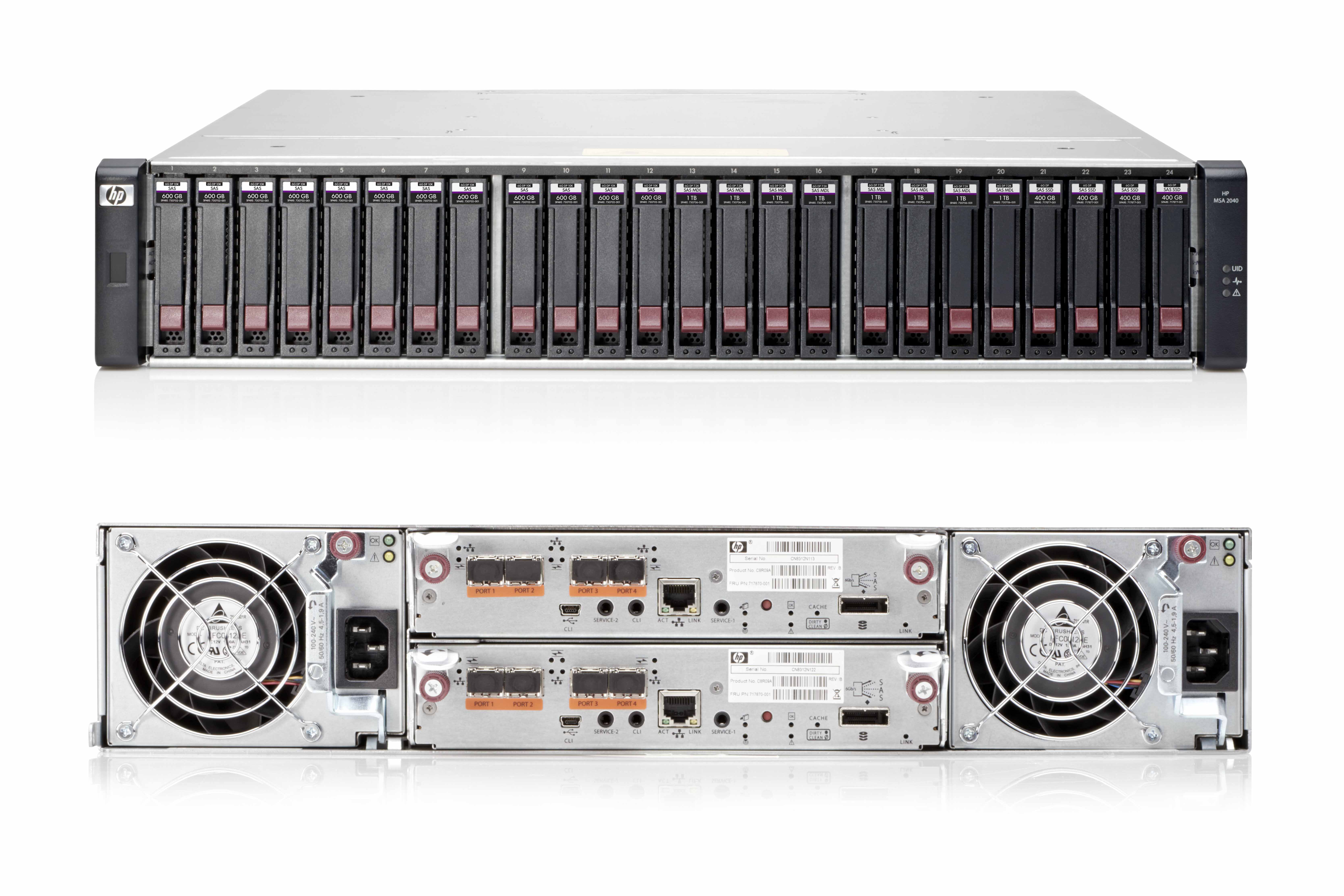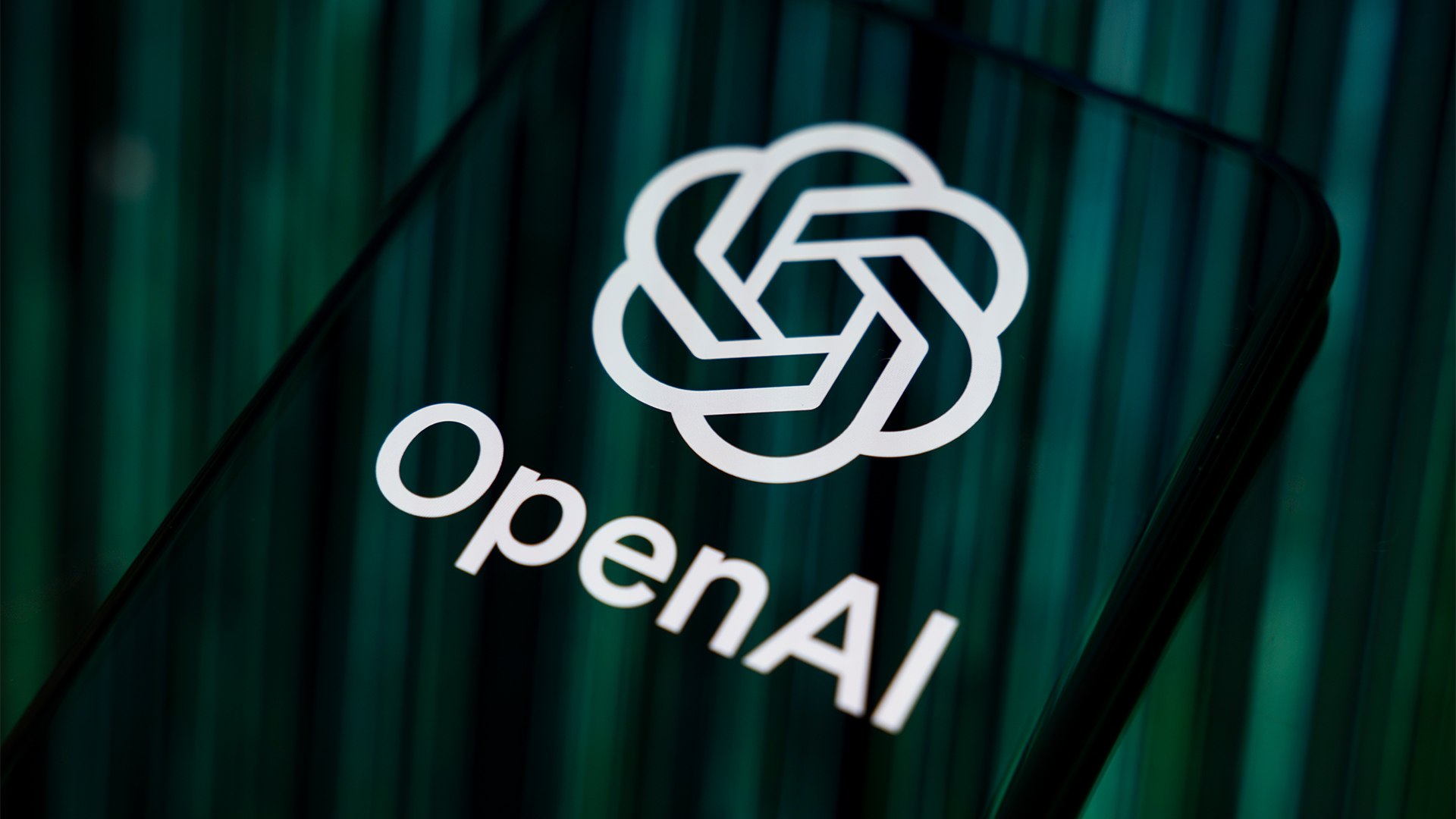HP MSA 2040 Storage (2015) review
HP new Gen4 MSA 2040 delivers enterprise storage virtualisation at an SMB price


HP’s new virtualisation features make one of the best SMB storage arrays on the market even better. The MSA 2040 is easy to deploy and the automated data tiering features boost performance and lower storage costs
-
+
Automated data tiering; Converged FC/IP SAN data ports; Top value, High expansion; Excellent performance
-
-
New web console takes some getting used to; virtual volumes only support manual snapshots

FC and iSCSI performance
For testing, we used an HP ProLiant DL380 Gen9 server (web ID:23173) equipped with QLogic 8Gbps FC and Emulex 10GbE adapter cards. We found FC performance on the money with Iometer reporting raw sequential read and write speeds of 785MB/sec for a volume on the standard virtual tier.
IP SAN speeds were equally good with a 500GB target on the same tier delivering raw read and write speeds of 1,150MB/sec and 965MB/sec.
To test read cache performance, we ran a baseline Iometer test on a 750GB iSCSI target with a 90/10 random read/write spread which returned around 2,000 IOPS. We added a read cache disk group using two 200GB SSDs and saw the same test deliver near to 9,000 IOPS after a 90 minute warm up period.
Next, we deleted the read cache and used the same SSDs to create a virtual disk group which the MSA 2040 automatically classified as a performance tier. After leaving the same Iometer test running for an hour, we watched throughput rising swiftly to over 37,000 IOPS and could see from the console's performance page that all the I/O action had shifted onto the SSD-based tier.
Conclusion
It took us a while to get used to HP's new web console but found the data tiering features easy to configure as most of it is automated. Our speed tests show it's capable of boosting performance substantially and at a price the competition won't be able to match.
Verdict
HP’s new virtualisation features make one of the best SMB storage arrays on the market even better. The MSA 2040 is easy to deploy and the automated data tiering features boost performance and lower storage costs
Chassis: 2U rack Storage: 12 x LFF or 24 x SFF hot-swap drive bays Power: 2 x 500W hot-plug PSUs Two controllers each with the following: Memory: 4GB cache with super-capacitor and CompactFlash card RAID support: RAID1, 10, 5, 6 Data ports: 4 x SFP+ supporting 8/16Gbps FC and/or 10GbE iSCSI Management: 10/100 Ethernet Expansion: 6Gbps SAS port (max 96 LFF/199 SFF disks) Other ports: Mini-USB CLI port Snapshots: 64/512 (Standard/Maximum) Management: Web browser
Sign up today and you will receive a free copy of our Future Focus 2025 report - the leading guidance on AI, cybersecurity and other IT challenges as per 700+ senior executives
Dave is an IT consultant and freelance journalist specialising in hands-on reviews of computer networking products covering all market sectors from small businesses to enterprises. Founder of Binary Testing Ltd – the UK’s premier independent network testing laboratory - Dave has over 45 years of experience in the IT industry.
Dave has produced many thousands of in-depth business networking product reviews from his lab which have been reproduced globally. Writing for ITPro and its sister title, PC Pro, he covers all areas of business IT infrastructure, including servers, storage, network security, data protection, cloud, infrastructure and services.
-
 Qualcomm the data center with $2.4 billion Alphawave Semi acquisition
Qualcomm the data center with $2.4 billion Alphawave Semi acquisitionNews The move sees Qualcomm absorb Alphawave Semi’s portfolio of custom silicon, high-speed connectivity solutions, and chiplets
By Daniel Todd Published
-
 ‘If software development were an F1 race, these inefficiencies are the pit stops that eat into lap time’: Why developers need to sharpen their focus on documentation
‘If software development were an F1 race, these inefficiencies are the pit stops that eat into lap time’: Why developers need to sharpen their focus on documentationNews Poor documentation is a leading frustration for developers, research shows, but many are shirking responsibilities – and it's having a huge impact on efficiency.
By Ross Kelly Published
-
 OpenAI says GPT-5.2-Codex is its ‘most advanced agentic coding model yet’ – here’s what developers and cyber teams can expect
OpenAI says GPT-5.2-Codex is its ‘most advanced agentic coding model yet’ – here’s what developers and cyber teams can expectNews GPT-5.2 Codex is available immediately for paid ChatGPT users and API access will be rolled out in “coming weeks”
By Ross Kelly Published
